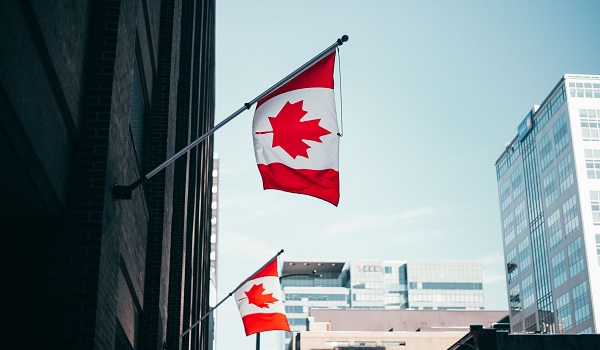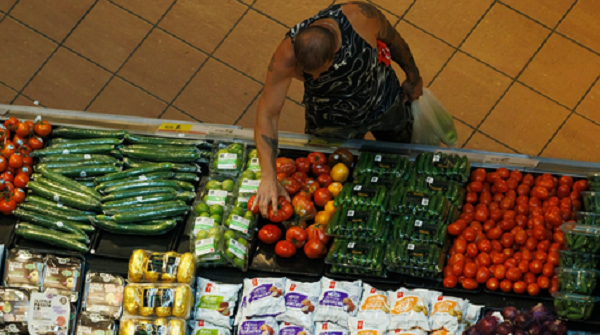Small businesses in Canada struggling to pay back CEBA loans as deadline hits
Tawhid Hossain is doing everything in his power to keep his beloved convenience store alive.
The owner of Gateway Newstands at Yonge Street and The Esplanade lost a large chunk of his clientele since the pandemic due to remote work and has been victim to six break-ins. Construction on the Ontario line is also cutting into foot traffic.
On top of it all, he found himself scrambling to repay $60,000 in Canada Emergency Business Account (CEBA) loans as his deadline to pay two-thirds approached. That deadline is Thursday, and he’s not alone.
Thousands of small businesses are struggling to repay their COVID-era loans which were backed by Ottawa to assist them during the pandemic. Launched in 2020, the program enabled more than 800,000 business owners to borrow up to $60,000 with $20,000 of it in forgivable debt — if they met the deadline. The original deadline for repayment of $40,000 was Dec. 31, 2022 and had been extended twice.
In Hossain’s case, he was denied refinancing by his bank and he balked at a line of credit with a whopping 15 per cent interest rate. His last resort was reaching out to family and friends. With their help, he was able to repay the loan last week — and wonders if he should have taken the loan in the first place.
“It was very embarrassing for me,” he said. “My wife is saying ‘you shouldn’t haven taken the CEBA loan.’ If I knew that (these) things (would) happen, I never would’ve taken the CEBA loan.”
Businesses in the process of applying for refinancing with the financial institution that provided their CEBA loan can still qualify for the partial debt forgiveness if they repay it by Mar. 28.
Those that fail to meet the Thursday deadline must repay the full amount by Dec. 31, 2026.
Advocates argue Thursday’s deadline did not give enough time for business owners to organize refinancing.
“The cost of living pinch that we’re all feeling, small businesses are very much feeling that, too,” said Ryan Mallough, vice-president of legislative affairs for Ontario at the Canadian Federation of Independent Business.
An extension of the deadline until the end of the year would give owners more time to get clear direction from the government and their banks, he added.
It would be “an opportunity to see what they can do within their business as well to best position themselves to have access to that forgivable portion.”
In a recent survey of its members, Restaurants Canada found 4,000 restaurants across the country could be at risk of closing because of the upcoming deadline.
“Your favourite mom and pop restaurant and local gathering place is at risk. If what the industry is telling us comes to fruition, Canadian communities will lose something very special, simply because of an arbitrary deadline,” Kelly Higginson, CEO of Restaurants Canada, said in a statement.
Katherine Cuplinskas, spokesperson for federal Finance Minister Chrystia Freeland, said that, as of Jan. 15, nearly 70 per cent of CEBA recipients have repaid and benefited from partial loan forgiveness.
On Wednesday, during an announcement in New Brunswick, Prime Minister Justin Trudeau said the government will continue to support small businesses in “many different ways.”
“We understand that things — even as the economy has bounced back from COVID — continue to be challenging,” Trudeau said “which is why we extended twice the repayment deadline for CEBA loans. But we are now far enough from the pandemic that we do have to wrap up pandemic programs.”
Hossain still remembers how people would gather outside his convenience store in a “party-type of mood” when he first opened it in 2018. It was the go-to spot for tourists craving a quick snack and young adults looking for a sweet drink to mix in with cheap liquor.
Back in 2019, he said, business was thriving, and he brought in close to half a million dollars in revenue. Four years later, revenue has plummeted to around $130,000.
“Nowadays (buyers) are kind of conservative,” said Hossain, “everybody has a very tight budget.”
“If business was like in 2019, I (could) give back the CEBA loan, no problem. Not at all.”
This article was reported by The Star















